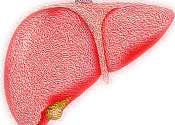Researchers use human vaccine to cure prostate cancer in mice
University of Leeds researchers, funded by Cancer Research UK, have used a library of DNA to create a vaccine that could be used to treat cancer, according to a study published in Nature Medicine.
Jun 19, 2011
2
0







